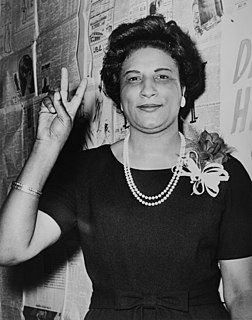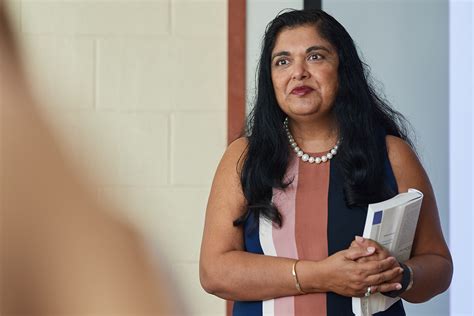A Quote by Constance Baker Motley
The women's rights movement of the 1970s had not yet emerged; except for Bella Abzug, I had no women supporters.
Quote Topics
Related Quotes
The women's movement was just coming into being, and I got involved with Gloria Steinem and Bella Abzug and all these great women. We then got involved with Carter, who was running for president, and we created the first International Women's Conference or the National Women's Conference for Carter.
In less than a century we experienced great movement. The youth movement! The labor movement! The civil rights movement! The peace movement! The solidarity movement! The women's movement! The disability movement! The disarmament movement! The gay rights movement! The environmental movement! Movement! Transformation! Is there any reason to believe we are done?
I was a child of the women's movement. Everything I had learned was from my mother and my grandmother, who both had a very pioneering spirit. They had to, because they had to change flat tires and paint the house - because, you know, the men didn't come home from the war or whatever else, so women had to do these things.
I think in a society where you can't even pass the Equal Rights Amendment, it's very difficult to women make a progress. Incidentally, we are exactly 160 years after the very first women's public rights convention in Seneca Falls, New York, when a handful of women started it all and began the movement to make women equal.
When the wilderness movement emerged, it emerged separate from the issue of social inequality and the economic problems of survival. It was a preservationist ecology movement created by an occupying culture. Clearly, a wilderness movement started by Native Americans would not have had the same roots.
The gay rights movement of recent years has been an inspiring victory for humanity and it is in the tradition of the civil rights movement when I was a young boy in the South, the women's suffrage movement when my mother was a young woman in Tennessee, the abolition movement much farther back, and the anti-apartheid movement when I was in the House of Representatives. All of these movements have one thing in common: the opposition to progress was rooted in an outdated understanding of morality.





































